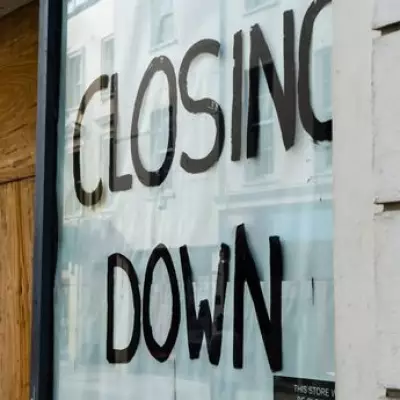
A revolutionary cultural destination is set to open its doors in the heart of England, offering an unprecedented journey through a century of teenage life and rebellion. The Museum of Youth Culture, the world's first institution dedicated entirely to youth movements, promises to be a time capsule of generational identity.
From Teddy Boys to TikTokers
This groundbreaking museum will showcase the evolution of youth culture from the 1900s through to today's digital natives. Visitors can expect immersive exhibitions featuring everything from 1950s Teddy Boys and 1970s punks to 1990s ravers and contemporary internet subcultures.
The collection has been carefully curated from over 100,000 submissions from the public, creating a living archive that tells the story of British youth through personal photographs, fashion items, music memorabilia and personal testimonies.
More Than Just Nostalgia
"This isn't just about looking back with rose-tinted glasses," explains the museum's creative director. "We're exploring how young people have consistently driven social change, challenged conventions and created new forms of expression throughout history."
The museum aims to be interactive and engaging for all ages, allowing older generations to reconnect with their youth while helping younger visitors understand the cultural forces that shaped their parents' and grandparents' teenage years.
What Visitors Can Experience
- Immersive decade-themed rooms showcasing fashion and music trends
- Interactive digital archives of youth culture photography
- Recreated teenage bedrooms from different eras
- Oral history recordings from people sharing their youth experiences
- Temporary exhibitions focusing on specific subcultures and movements
Located in a strategically chosen central England location, the museum is expected to become a major tourist attraction, appealing to both domestic visitors and international tourists interested in Britain's influential youth culture heritage.
The opening represents the culmination of a twenty-year project to properly archive and celebrate the often-overlooked history of young people's contributions to cultural and social development.





